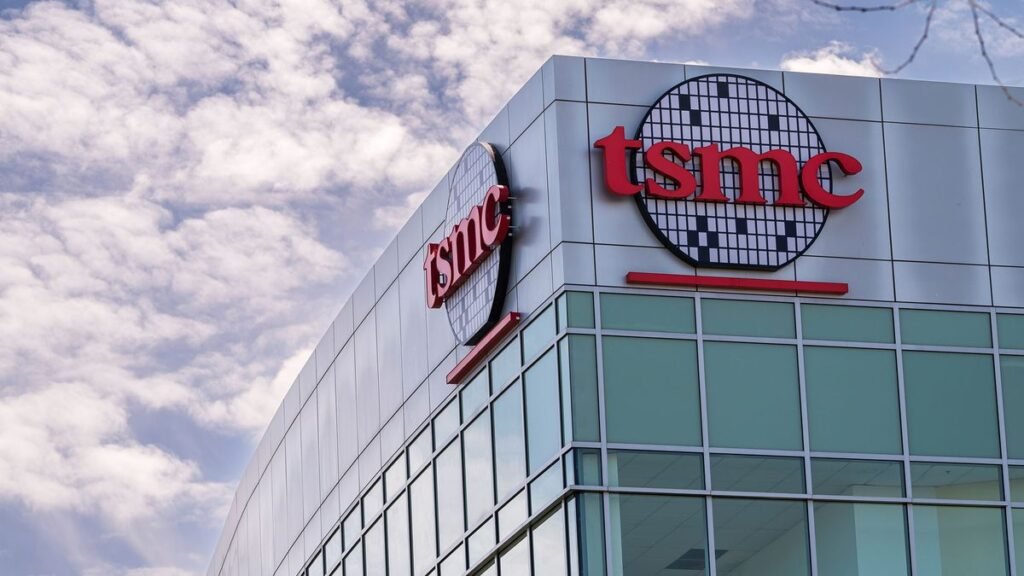

In an industry defined by cutting-edge technology and fierce competition, the value of trade secrets is immeasurable. The semiconductor world, in particular, is engaged in a global arms race. Big chip companies are constantly fighting to produce the smallest and most powerful hardware. A recent development in Taiwan has brought this high-stakes competition into sharp focus, as authorities have arrested former and current employees of Taiwan Semiconductor Manufacturing Company (TSMC) on charges of stealing the company’s proprietary technology.
Taiwan cracks down on chip espionage: TSMC employees arrested
This case is the first of its kind to be prosecuted under Taiwan’s amended national security law. Three years ago, the country’s legislature added new provisions to protect “national core technologies.” This move was designed to safeguard Taiwan’s vital position in the global semiconductor market. The alleged theft in this case—targeting details of TSMC’s advanced 2nm chip development—falls squarely within the scope of this law. The latter specifically restricts the leakage of chip technology at a sub-14nm scale. The stakes are high, with the suspects potentially facing up to 12 years in prison and a hefty fine of up to NT$100 million—around $3.3 million.
According to Financials Time’s report, the investigation started after TSMC’s own internal monitoring systems flagged a potential issue. If you are not aware, the company is responsible for manufacturing over 90% of the world’s most advanced chips. TSMC also has a long history of protecting its intellectual property, even starting legal battles against former employees that switch to rivals like Samsung and China’s SMIC. They have a clear “zero tolerance” policy on such violations and have pledged to continue strengthening their security measures.
TSMC, a tempting target for tech theft
The fierce rivalry in the chipmaking world is a driving force behind this kind of industrial espionage. TSMC will be one of the pioneers in 2nm chip manufacturing technology. Smaller process nodes allow the integration of more transistors into the same space. This leads to more efficient and powerful processors for everything from smartphones to data centers. As this technology is so difficult and expensive to develop, a company with a lead like TSMC’s is a prime target for competitors looking to close the gap.
Interestingly, as part of the investigation, prosecutors also searched the premises of Tokyo Electron, a Japanese chip tool manufacturer. The reasons for this search remain unclear. However, it may be related to the complex network of companies that are often involved in the semiconductor supply chain.
The post TSMC Employees Arrested Over Alleged Theft Of 2nm Chip Secrets appeared first on Android Headlines.

